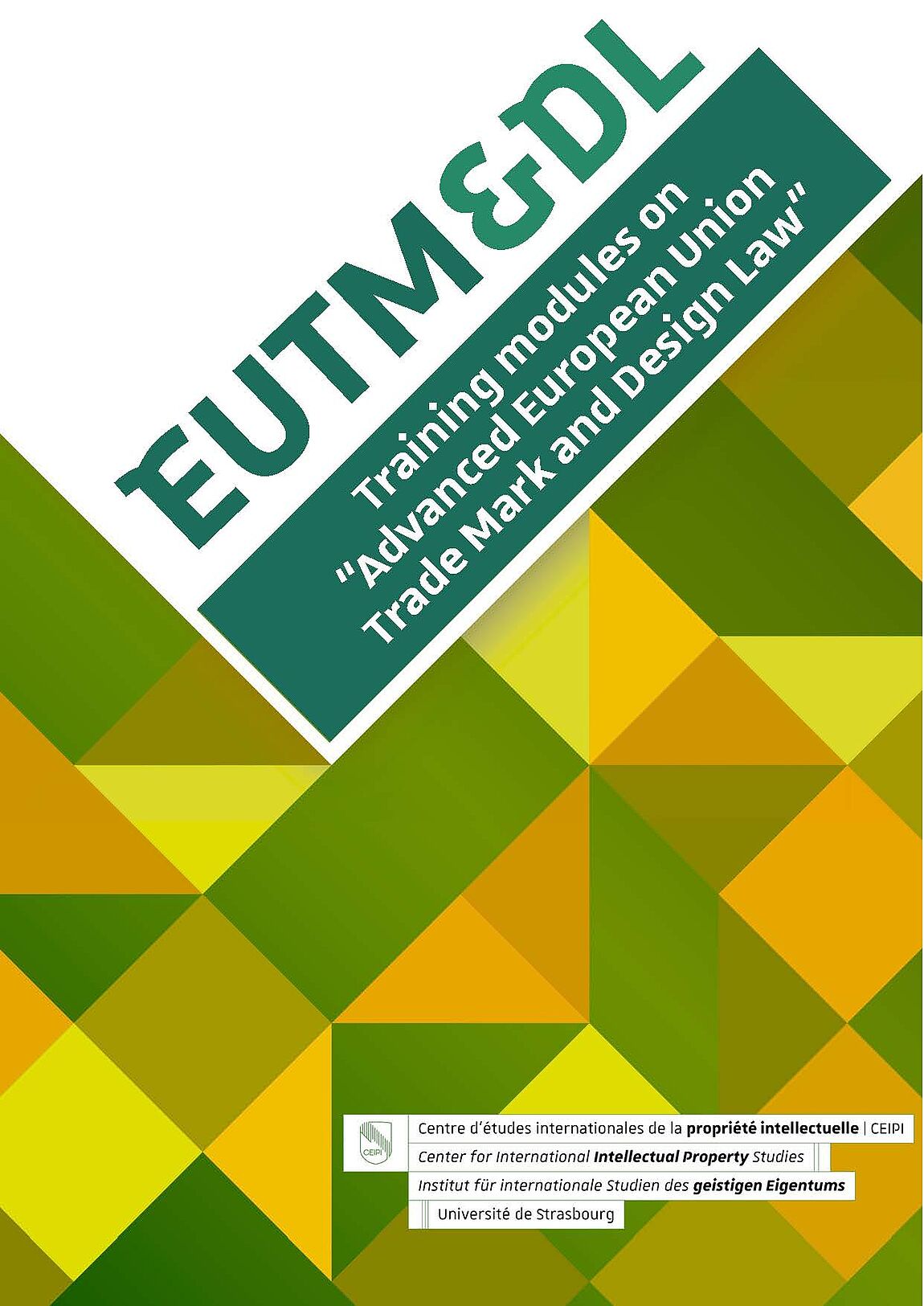The number of European Union trademarks filed each year exceeds 200 000, while the number of Community design applications filed on an annual basis exceeds 100,000. In addition, the European Union Intellectual Property Office (EUIPO) receives over 20,000 oppositions each year, including more than 2,000 applications for a declaration of invalidity, almost 3,000 appeals to the Boards of Appeal and 300 request for annulment before the General Court of the EU.
This modular training program in Advanced European Union Trade Mark and Design Law is designed for students and practitioners (and future practitioners) interested in this area. Participants may choose to enroll in one or more individual modules according to their interests and professional needs. Upon completion of each module, a certificate of participation will be awarded.
While the full program prepares candidates for the French qualification exam with the mention “marques, dessins et modèles” and for careers as judges or lawyers, the modular format offers flexible learning paths tailored to varying goals and schedules.
